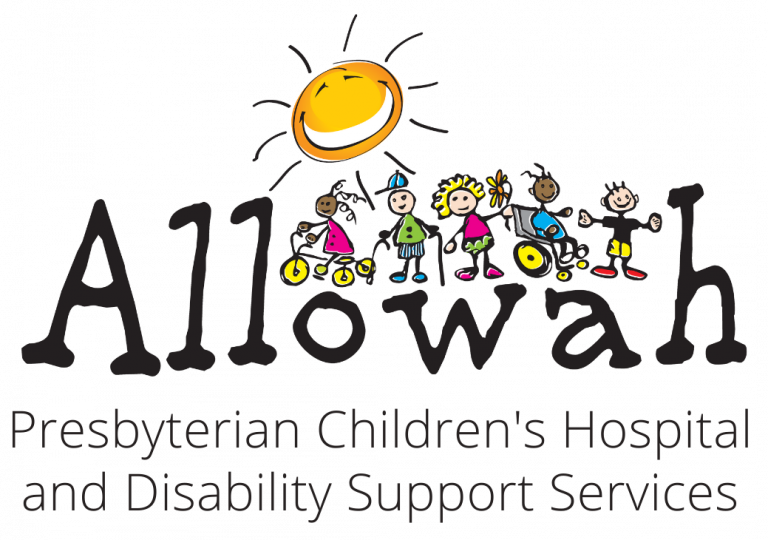Research continues to prove something we here at Allowah have always known, early intervention matters. The Centre on the Developing Child at Harvard University has released a paper which shows the wide variety of benefits that early intervention can have on children with disabilities. From social development to physical and communication skills, early intervention can make a big difference in the lives of children with disabilities and their families.
Holistic Help
Early intervention can come in many forms. The best type of early intervention strategy covers every element of a child’s life. From how they interact with peers and family, to how they eat, move and communicate – the earlier professionals can help a child to grow these skills, the better. There are three major categories of therapy which are highly effective methods of early intervention for children with disabilities:
1. Occupational Therapy
Occupational therapy is concerned with everyday physical skills. Occupational therapists can help develop fine motor skills, build muscle strength and increase co-ordination through early intervention. Play, dressing and toileting are some of the tasks which Occupational Therapy can help with. However, Occupational Therapy isn’t just useful for the child, it is a great way for families and carers to learn new skills. Supporting a child with a disability is a big job and in the early years, it can seem a daunting task. An Occupational Therapist can help families to learn how best to help their child go about everyday tasks.
2. Physiotherapy
This therapy is one of the most important early intervention techniques. The research done by Harvard University shows that children who get early physical therapy benefit from increased mobility and physical confidence. Physiotherapy can help with things like balance, sitting, crawling, walking, and strengthening particular limbs or muscle groups. Children with disabilities often struggle to maintain fitness and strength but early physical therapy and help with this issue by increasing flexibility and mobility. Physical therapy can also reduce pain and induce relaxation and pleasure.
3. Speech therapy
Communication is one of the most fundamental human experiences and something that children with disabilities can struggle with. Speech Therapy can help with verbal communication and vocalisation, strengthening vocal chords and helping children learn new ways to express themselves. On top of that, Speech Therapists can help children who suffer from swallowing issues. Because Speech Therapy aims to change breathing patterns, oral functions and communication habits – early intervention is the best solution.

The Most Critical Years
The early years of any child’s life are developmentally important. They are learning more about themselves and the world they live in. For a child with a disability, these years are especially important as they and their families learn strategies to increase safety, well-being and quality of life. Early intervention is essential for ensuring children with disabilities maximise opportunities and live life to the fullest. Early intervention strategies and programs can help improve physical, social and intellectual outcomes of a child’s life as well as decreasing pain, isolation and exclusion. It can empower children and their families to learn more about their situation and their options, moving forward. Children with disabilities often miss out on important developmental moments but early intervention seeks to change this. These therapeutic techniques are supportive of the parents, siblings and carers of children and helps them become more capable and comfortable in everyday life. Early intervention can have dramatically positive effects on the lives of children with disabilities.
